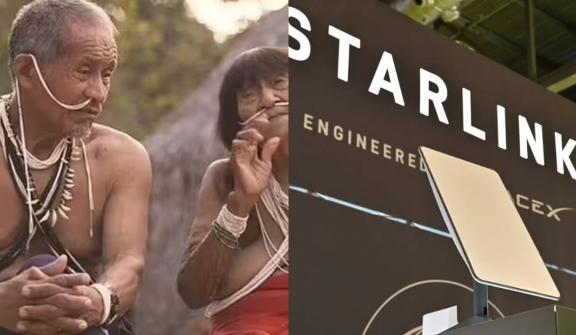
The Marubo people, a remote Amazon tribe living along Brazil's Ituí River, have grappled with social media addiction since they were granted internet access through Elon Musk's Starlink satellite service.
Before September 2023, the Marubo tribe didn't have internet. They only had simple phones.

But then Elon Musk's company, Starlink, gave them antennas. Starlink provides fast internet almost anywhere on Earth.
Even though the Marubo live in a very remote part of the Amazon rainforest, they got internet last year. Since then, their lives have changed.
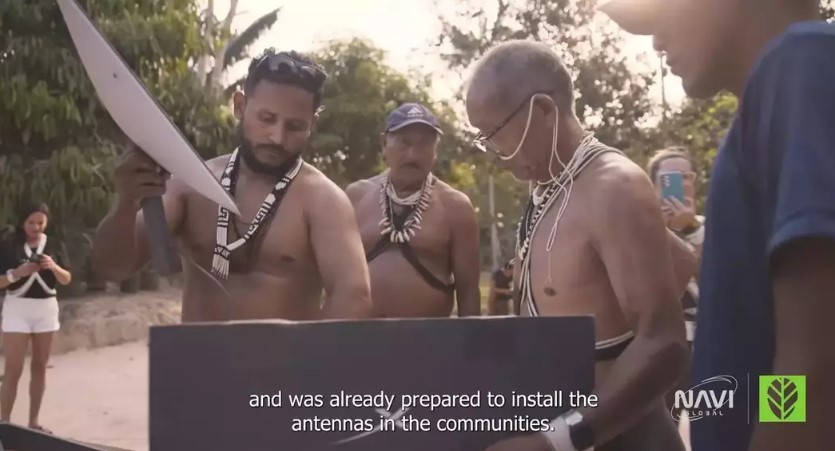
The tribe, consisting of approximately 2,000 individuals, has experienced a decline in social well-being and faced challenges such as online scams, addictive social media scrolling, violent video games, graphic pornography, abusive online encounters, and gossiping group chats.
Enoque Marubo, a 40-year-old leader who played a significant role in bringing Starlink to his community, identified laziness as a major issue resulting from internet access.
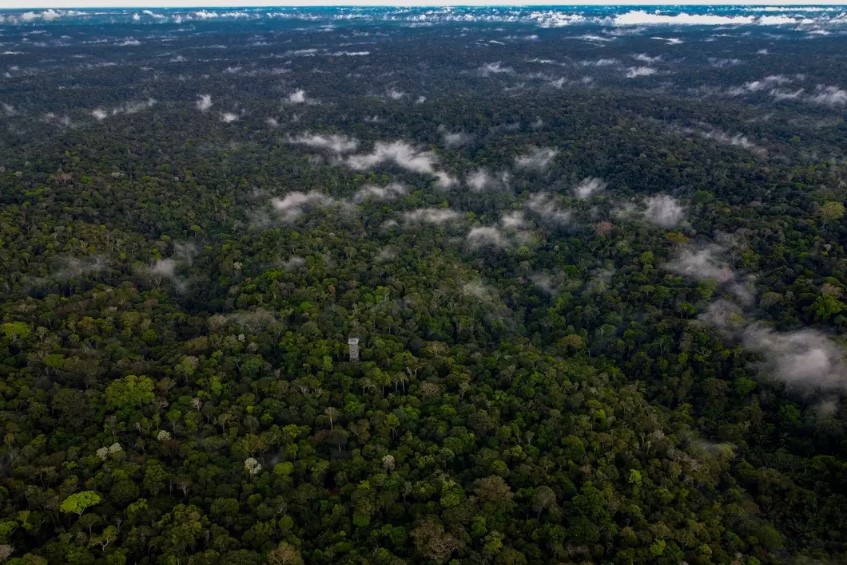
The tribe members have become so engrossed in their phones that they have neglected essential activities like hunting and food cultivation.
In their village, the rule is simple: if you don't hunt, fish, and plant, you won't eat.
Recognizing the detrimental impact of excessive internet usage on their livelihoods, the elders decided to restrict internet access for two hours in the morning, five hours in the evening, and the entire day on Sundays.
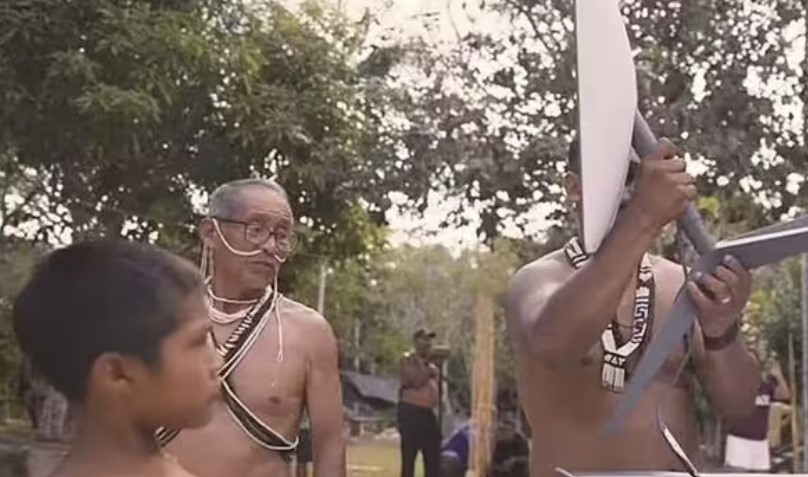
The tribe is concerned about the prevalence of scams, explicit content, and the erosion of traditional cultural values.
Enoque Marubo expressed particular worry regarding the exposure of young men to graphic sexual content, which conflicts with the tribe's cultural norms that discourage public displays of affection.
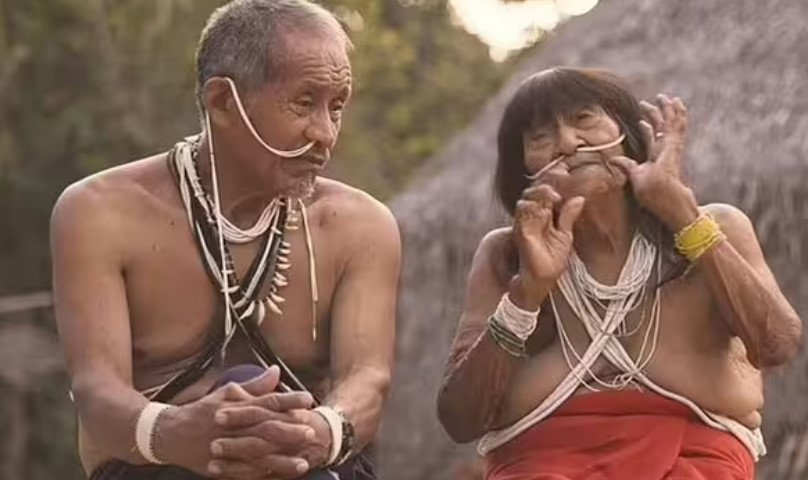
He also noted an increase in aggressive sexual behavior among young men, likely influenced by the explicit videos shared in group chats.
While the internet has brought certain benefits to the Marubo people, such as improved communication and access to TV sports, it has also introduced a host of problems.
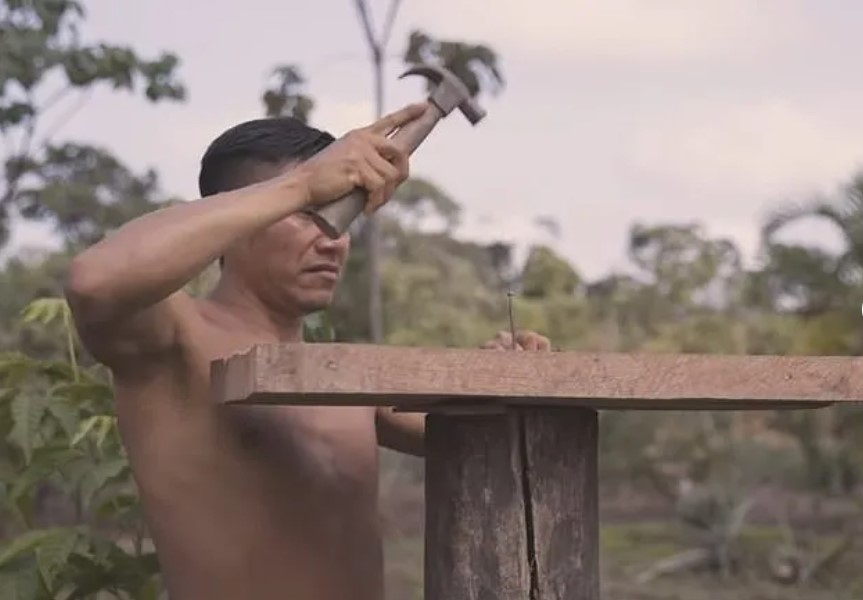
Before internet access, the tribe relied on citizen band radio to communicate emergencies, but now, the internet facilitates faster medical attention for life-threatening situations like snake bites.
Despite the negative impacts, the Marubo people are unwilling to return to a life without the internet.
They believe that the benefits outweigh the drawbacks and are optimistic about the potential advantages the internet can bring.




